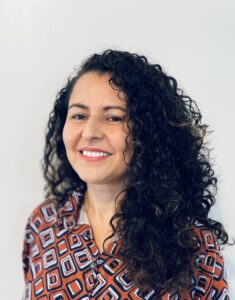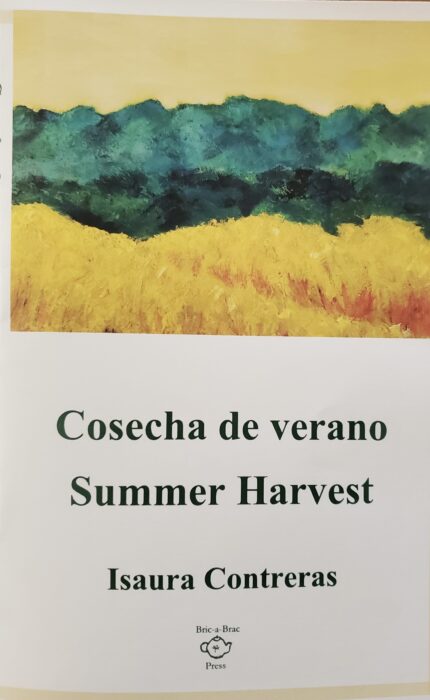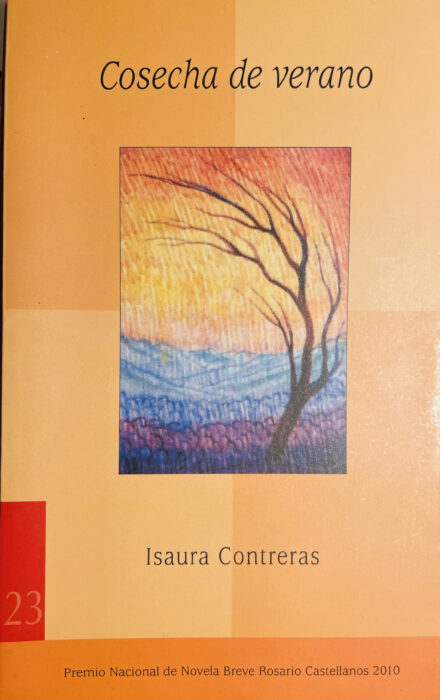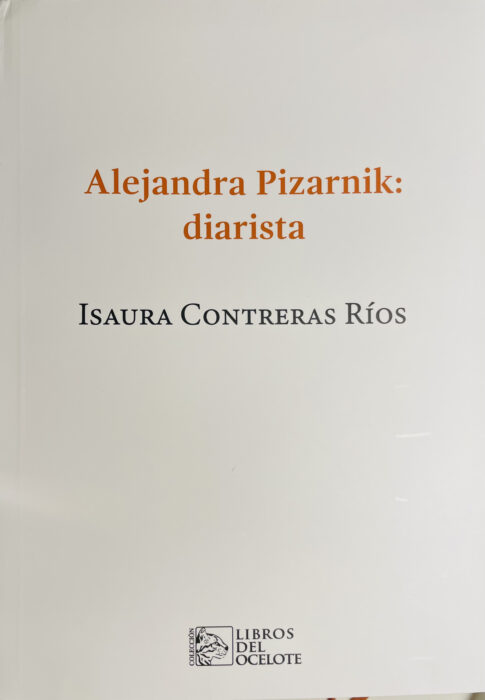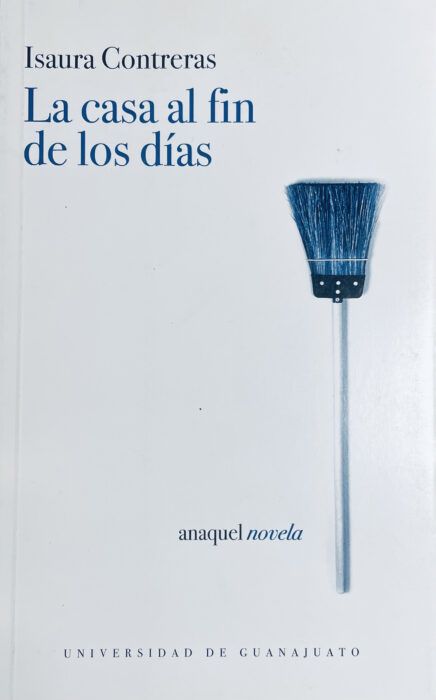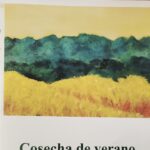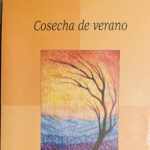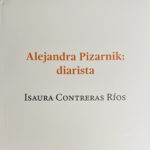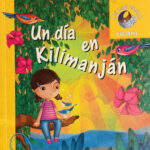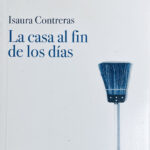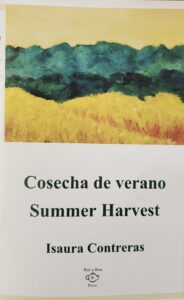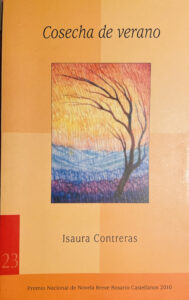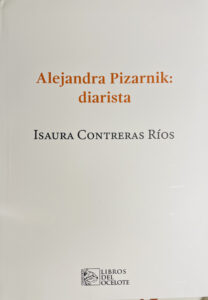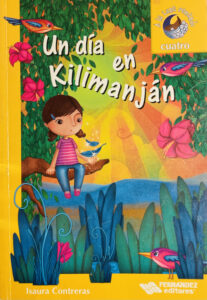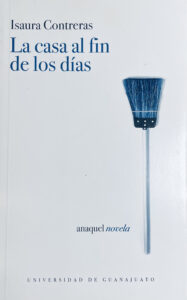Isaura Contreras
A writer, Isaura Contreras (Mexico, 1982) has lived in the United States since 2012. In 2018, she received a doctorate in Hispanic literature from the University of California, Los Angeles, and is currently an Assistant Professor of Latin American literature and creative writing in the University of Texas at San Antonio. Her publications include a children’s book (Un día en Kilimanján, 2012), an academic monograph (Alejandra Pizarnik: Diarista, 2022), and two novels: La casa al fin de los días (2007) and Cosecha de verano (2010), which earned her the Rosario Castellanos National Short Novel Award and is forthcoming in English translation by: Rebecca Bowman. Isaura has received grants in support of her writing from Mexico’s Fondo Nacional de la Cultura y las Artes (National Fund for Arts and Culture) and Canada’s Banff Center. In 2023, Isaura was selected to be part of an International Non-fiction Anthology, Desmadres (Argentina). She has published essays and short stories in Revista de la Universidad de México, Luvina, Tierra Adentro, Literal Magazine, Párrafo Magazine, and Words without Borders
Resume (PDF)
MORE ABOUT THIS ARTIST
Artist Style: Literary: Fiction, Non-Fiction, Prose; Isaura Contreras Rios
Artist Statement of Work
The book cover is white. On the side a blue broom decorates the page. There are black and blue letters: some larger than others. My name and that of the novel are written there. It's hard to know if it’s me.
In 2007, a university publishing house published my first book. One Sunday, the day when family gatherings are held at my grandparents' house, I took the book to show it to everyone. My grandmother was in the middle of a circle of people: my uncles and cousins. Both proud and shy, I told them the details and gave the copy to my grandmother. Astonished, she held it in her calloused hands and raised it to the lit light: she opened the book halfway and closed it softly, she squinted her eyes, stretched out her neck, tilted her head. She started to cry. We watched in silence as she acquainted herself with the book, passing her fingers over the cover, which showed a broom right side up, but my name was upside down, and so was the title: the whole book was upside down.
For so long, I keep thinking about that inaccessible secret gestated within the space of every book, which arises from the confrontation of techniques of simple school mastery: knowing how to read, knowing how to write. These are always perfectible in art and exceed their own limit and function of naming reality; thus, from harmless origin, they become transgressive acts by which the book takes on that true character of being “unreadable” and inexhaustible.
The book as the scene of all possible reading and writing goes from being an object contained by signs to becoming the repository of the world, as a Mallarmean sentence reminds us: “that everything, in the world, exists to conclude in a book.” The apparent simplicity of this resolution recognizes the reality of the world as the source and matter of writing, as well as the translation of the world into language.
From my point of view, if the world and life culminate in a book, existence is inscribed in a literary dimension within whose framework it demands to be read. In the space of a book (that great substitute for orality and rhetoric), the paradox of materiality and corporality that can only be traced and understood by language is accentuated. In the same way that someone cannot read a book, I have always considered that art and literature constitute a great enigma that the artist perpetuates through his work, never an answer, but a question about its possibility.

